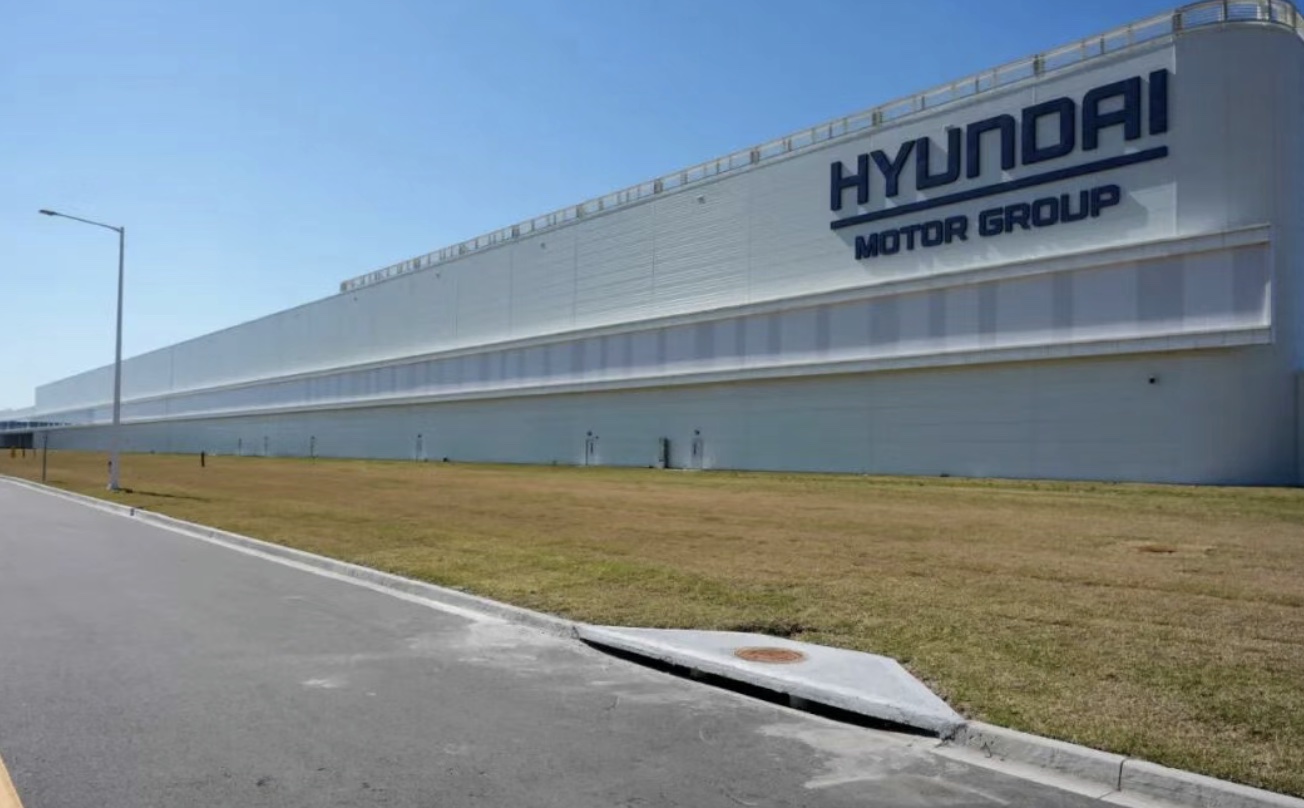U.S. federal officials said on the 5th that immigration enforcement officers arrested 475 people without legal status during a raid a day earlier targeting Hyundai Motor Group’s plant in Georgia and its contractors. Most of those arrested were from South Korea.
Steven Schrank, special agent in charge of Homeland Security Investigations for Georgia and Alabama, said at a press conference that the 475 individuals had entered the U.S. through various channels, including illegal border crossing, visa waiver entry without work authorization, or overstaying valid visas. They were considered unlawfully present, detained, and handed over to ICE’s Enforcement and Removal Operations.
Schrank noted that this was the largest single-site enforcement action ever carried out by DHS. Federal agencies had investigated the contractor and subcontractor networks for months before the raid. Those arrested worked for several different companies operating on-site. The investigation is still ongoing.
ICE spokesperson Lindsay Williams confirmed that the raid took place at a Hyundai Motor Group plant west of Savannah, Georgia, covering about 1,214 hectares. Hyundai began producing electric vehicles at this $7.6 billion plant one year ago, with a workforce of about 1,200 employees.
On the afternoon of the 5th, U.S. President Trump expressed support when asked about the case at the White House, saying the detainees were “illegal foreigners” and that the federal enforcement agencies were simply performing their duties.
According to South Korean media, about 300 of those arrested were South Korean nationals. South Korea’s Foreign Ministry spokesperson Lee Jae-woong expressed regret over the incident on the 5th, stressing that the legitimate rights of South Korean citizens and companies must not be infringed.
The BBC reported that this raid could highlight a potential contradiction between Trump’s two policy priorities: boosting domestic manufacturing and cracking down on illegal immigration. It also adds pressure to U.S.-South Korea bilateral relations. Some media outlets noted that as disagreements remain over details of the $350 billion investment commitments under the bilateral trade agreement, this incident may further strain ties between Seoul and Washington.



